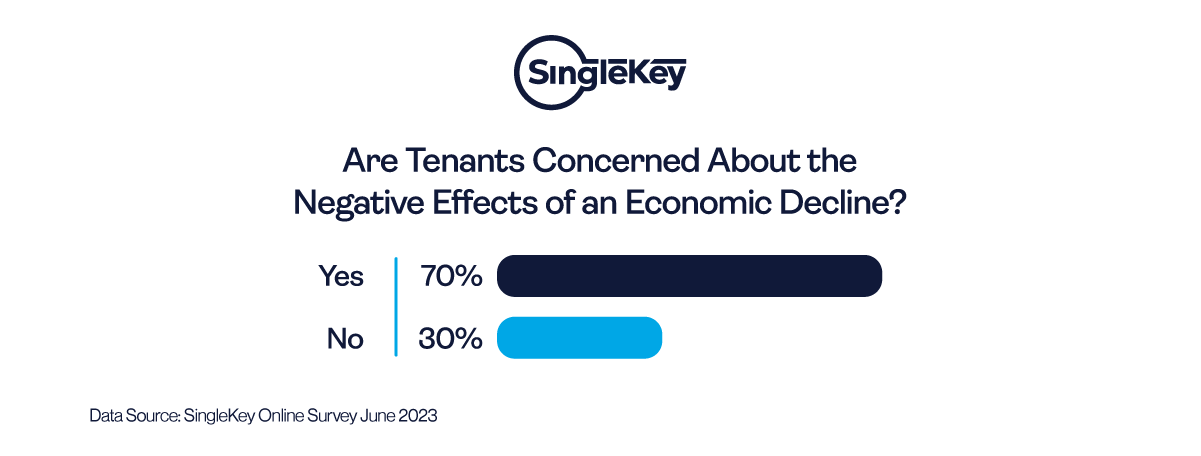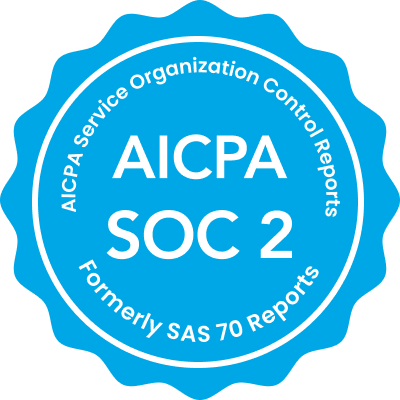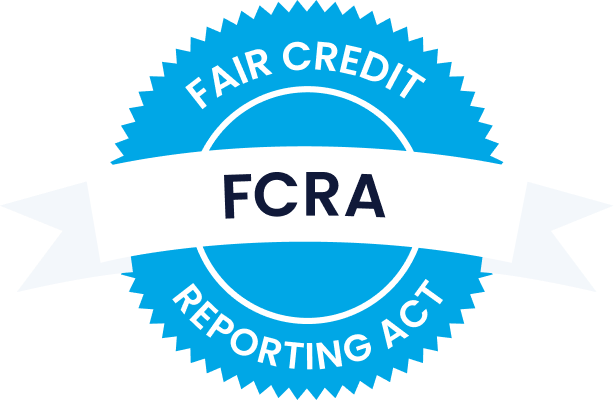When there is an economic collapse or recession, it affects businesses, people’s livelihoods, homeowners, and renters. We polled more than 900 renters to see how concerned they are that an economic downturn could affect their living situation.
While the economy has outperformed some warnings of economic trouble, this is still a significant concern for many tenants and property owners. We’ll cite the survey results and explore how landlords can prepare for a declining economy and secure their rental income.
Survey results: How many concerned renters voted

During the summer of 2023, SingleKey surveyed 903 tenants on whether they were concerned that an economic downturn would affect their living situation. Of the tenants who responded, 70% indicated that they were worried. The remaining 30% of renters were unconcerned with the probability of a recession.
A declining economy is considered a recession. A profound decline with no end in sight is a depression. The Great Depression of 1929 and the 2007-2008 Great Recession became worldwide events with cascading effects impacting income inequality, unemployment, interest rates, the housing and rental markets.
During the COVID-19 pandemic, there was a mass freeze on evictions. And while Canada and the U.S. experienced brief economic downturns, each country managed to avoid a full-fledged recession. However, the demand for housing increased, rent increased, and the inflation rate spike persisted. In retrospect, it’s easy to see why so many renters are concerned with an economic downturn affecting their living situation.
How a declining economy can affect rental properties
The housing and rental market play a significant role in the U.S. economy. In late 2022, economists predicted that unemployment would rise and the economy would collapse. The inflation rate spiked to 8%, and the average inflation in the last decade was 2%. Investors sought high-yield savings bonds and accounts to protect them against inflation. There was a mass layoff in tech and in manufacturing, where signs of a recession historically start.
Despite the forecasts, unemployment remains steady in August 2023. The predictions from earlier this year have yet to come true, and the U.S. economy is doing surprisingly well. Forecasting the economy can be tricky. While signs may indicate that an economy is declining, it could actually be growing. Remember that financial experts have stated that we don’t usually know when we’re in a recession until we’re out of it.
Signs of tough economic times:
- Unemployment is rising, causing wage stagnation
- Decreased consumer spending, rate drops, and deflation
- Unyielding high-interest rates
Historical events that prompted recessions:
- The 1973 oil crisis helped cause the 1975 global recession
- The 1982 recession was caused by mounting inflation
- 2008-09 Global Financial Crisis and Recession
- COVID-19 caused an economic downturn that lasted two months in the U.S.
- COVID-19 caused a three-month downturn in Canada
During the housing market bubble before 2007, employment was high in construction. When the bubble burst, employment fell almost 50%.
At the peak of the COVID-19 pandemic, droves of people began working remotely and looking for larger homes, leaving major cities to find more affordable options. This event increased the demand for housing and the cost of supplies and labor, setting a higher market rate.
As a result, home prices and mortgage rates increased. This outcome has forced many people to rent and opt out of a mortgage payment. The percentage of renter households is higher than more than a decade ago.
This trend of average rent prices rising in the previous two years has been due to the demand for housing, the need for more labor, and the cost of labor increases. This ripple in rental markets can force many landlords to reevaluate how much they can afford to charge renters. When a landlord collects monthly rent, the cash value won’t be worth as much with unexpected inflation. Every landlord should understand the laws on rent increases to protect their cash value.
The housing and rental market greatly influences inflation. Some people benefit from unexpected inflation when they have fixed rates; however, inflation can negatively impact landlords.
How property managers can protect themselves
Property managers can protect themselves in uncertain economic times by planning ahead. Here are some steps every landlord should take to protect an investment property:
- Tenant screening: Screening tenants will help landlords find the best applicants and minimize nonpayment of rent.
- Securing fixed mortgages: A low, fixed-rate mortgage will benefit property owners when unexpected inflation hits.
- Fiscal stimulus programs: Finding financial resources can help small-time landlords and business owners.
During the COVID-19 pandemic, the CARES Act passed by the federal government was the most significant expenditure benefitting American taxpayers and helping increase household resilience. The Emergency Rental Assistance Program (ERA) provided communities with relief to prevent housing instability.
Among other relief packages, Canada’s one-time top-up to the Canadian Housing Benefit helped low-income earners secure their housing and pay rent on time on their rental units.
Learning about the financial health of prospective tenants
With a SingleKey Tenant Report, landlords will learn if an applicant was consistently delinquent on monthly rent, the health of their credit history and credit scores, and if they have a criminal history with disruptive behavior. Screening tenants properly is essential in finding a renter who is responsible in every way. Learn about some of the biggest concerns landlords have when screening prospective tenants.
FAQ: How landlords can stay afloat during an economic crisis
Positive cash flow means you are making a profit. Assessing your rental property’s cash flow will help determine the average income from your rental property and help you make a profit.
There are pros and cons for rental property owners. The rental market can do well if more people can’t find affordable homes and must rent. Some landlords may suffer if they have adjustable-rate mortgages and interest rates go up dramatically or their renter can no longer afford rent due to unemployment and wage stagnation.
The short answer is no. If a landlord has good tenants, good financial standing, a low fixed mortgage rate, or a paid-off mortgage, they would likely survive a recession.
Our final thoughts
Landlords should prepare for economic lows by implementing a SingleKey Tenant Report into their screening process and begin making a financial plan to secure their rental income through legal annual rent increases and finding ideal tenants.





